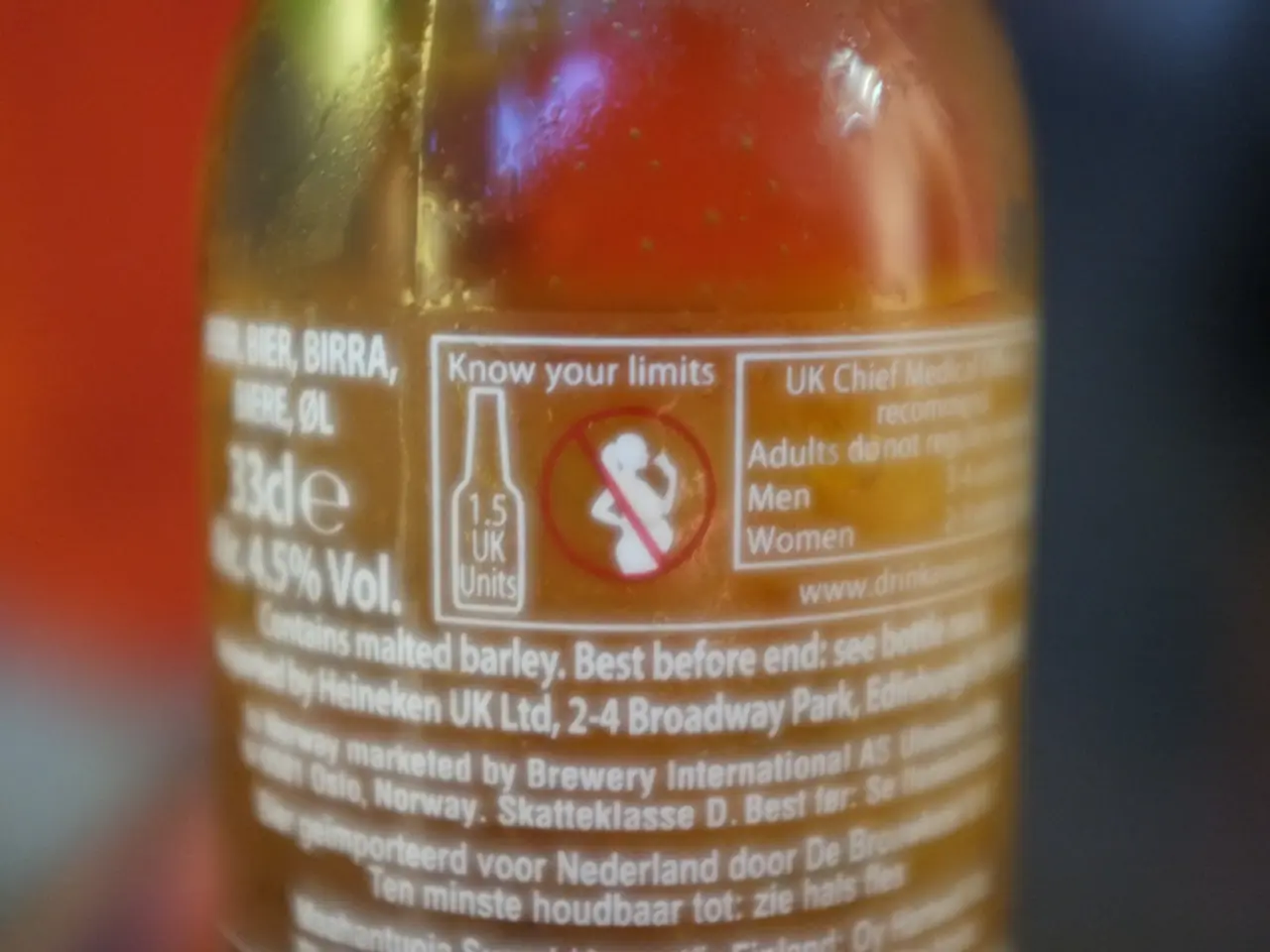Diabetics: Know Hypoglycemia Symptoms & Act Fast
Diabetics must be vigilant about their blood sugar levels, especially when driving or operating machinery. Hypoglycemia, or low blood sugar, can cause a range of symptoms and requires immediate action.
Hypoglycemia occurs when blood sugar drops below 70 mg/dL. Symptoms can include sweating, rapid heartbeat, sudden nervousness, headache, hunger, blurred vision, lightheadedness, shaking, confusion, fatigue, paleness, trouble concentrating, and irritability. If you experience these, consume 15 grams of carbohydrates immediately. After 15 minutes, check your blood sugar again. If it's still below 70 mg/dL, have another 15 grams of carbs.
Severe hypoglycemia can lead to loss of consciousness, seizures, or coma. In such cases, seek emergency help and get a glucagon injection. If you experience hypoglycemia regularly, consider using a continuous glucose monitor (CGM). People with diabetes should learn to recognize hypoglycemia symptoms and keep carbohydrate-rich snacks on hand for quick treatment.
If you become unconscious due to hypoglycemia, place the person in the recovery position and administer glucagon or intravenous glucose if trained to do so. Always inform people nearby about your condition and carry identification or medical alert cards.
Hypoglycemia is a serious condition that requires immediate attention. Diabetics should be prepared to treat it quickly and effectively, ensuring they have the necessary tools and knowledge to manage their blood sugar levels safely.






